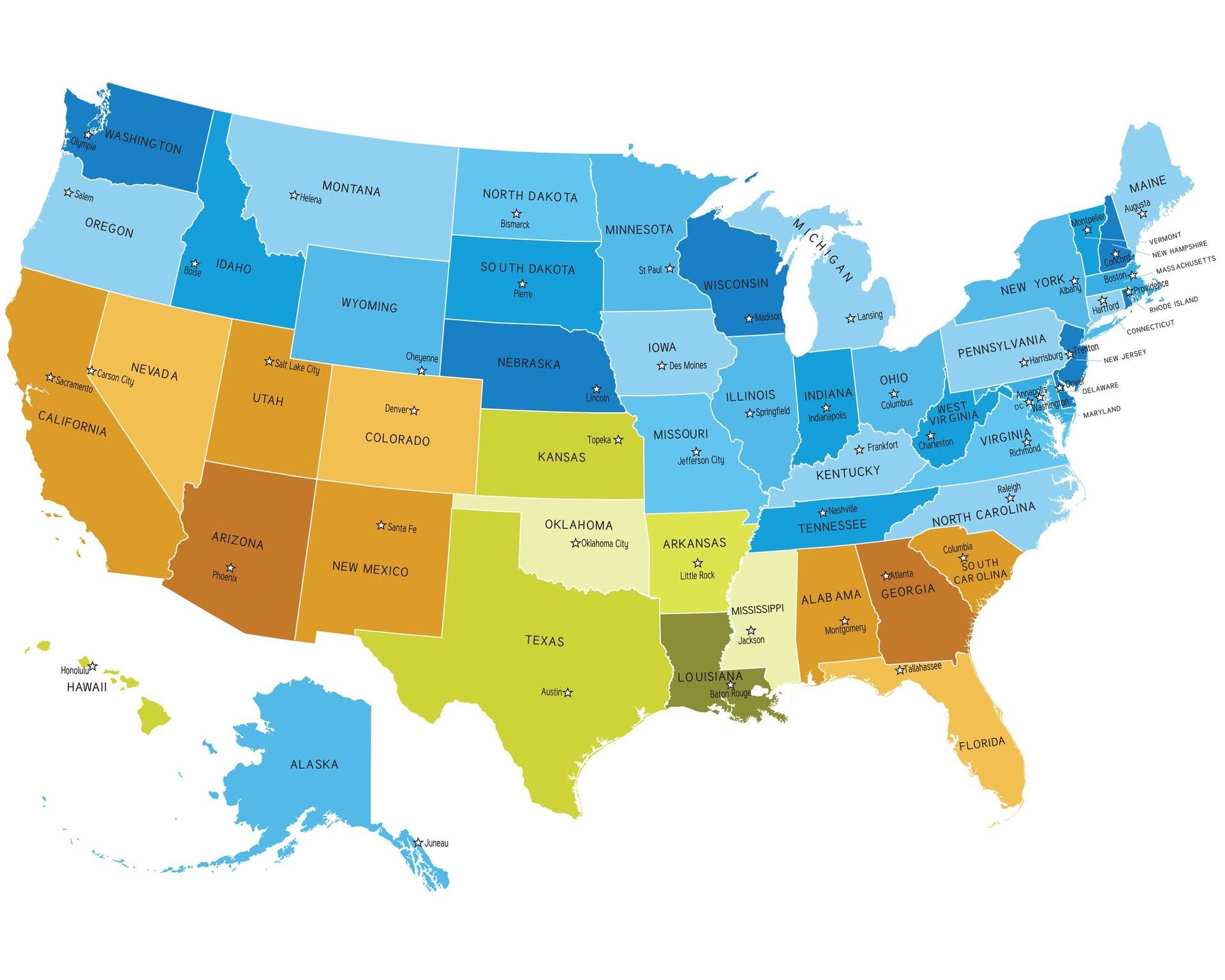Frequency Asked Questions About PFA Orders

Domestic violence wreaks havoc on individuals and families throughout the U.S. In Alabama alone, 29.5 percent of men and 37.5 percent of women experience some form of intimate partner abuse, from stalking to physical or sexual violence. Fortunately, the law offers some protection through Protection From Abuse (PFA) orders.
If you or someone you love struggles with an abusive intimate partner or ex-partner, you need to know how PFA orders work, what they can do to protect individuals against danger, and how to file a legal petition for such protection. Give some thought to the following frequently asked PFA questions and their answers.
How Does Alabama Law Protect Spouses From Abuse?
Alabama offers protection against abusive spouses and intimate partners through its Protection From Abuse Act. The state lays out the provisions of this act in Title 30, Chapter 5 of its legal code. These protections may apply both to people who have suffered abuse and to those who fear the likelihood of future abuse.
The Protection From Abuse Act covers more than just direct physical or sexual abuse. It also offers protections against stalking, menacing speech or actions, kidnapping, criminal trespass, coercion, harassment, theft, reckless endangerment, and child abuse. Protections may extend to an entire immediate family.
Who May File a PFA Petition?
PFA orders don't necessarily apply to every individual who seeks protection from an abusive person. Before you can petition the court for a PFA order, you must demonstrate that you have the type of relationship that qualifies for protection against the person in question.
The most obvious qualifying relationships include spouses and ex-spouses. However, you may also file a PFA petition with anyone whom you had an intimate relationship with or with whom you've had a child. Children, parents, stepchildren, stepparents, and other threatened relatives may also qualify.
What Restrictions and Penalties Do PFA Orders Impose?
PFA orders can prohibit individuals from coming into direct contact with the people who obtained the orders against them. Once you have a PFA order against someone, the court may require the individual to move out of your residence and stay away from your home, workplace, or children's school.
The protections offered by a PFA order don't stop there. Your PFA order can also restrict an individual from interacting with your kids, getting rid of mutually-owned property, and threatening or harassing your family. It can even grant you temporary child custody and child support.
What Penalties Can PFA Violations Draw?
While a PFA order obviously can't place a physical barrier between you and your abusive partner, it can impose steep penalties for violations. According to Alabama law, individuals who violate a PFA order commit a Class A misdemeanor. Penalties may include up to one year in prison and/or a fine of up to $6,000.
Repeat violations of PFA orders result in progressively stiffer penalties. A second PFA violation calls for a minimum of 30 days in prison without the option of suspension. A third violation draws a minimum sentence of 120 days in prison, again with no provision for a suspended sentence.
How Do You Obtain a PFA Order?
An experienced family law attorney can help you fill out the form to request a PFA order. This form goes to the court's Domestic Relations section for filing. The same day you file the petition, the court may grant you a temporary restraining order, with a formal hearing scheduled within the following couple of weeks.
Unless the court specifies otherwise, the PFA order will extend for one year. However, you may petition the court for further protection after the one-year period ends by providing sufficient evidence that you and your loved ones still need such protection.
If you worry about what an abusive spouse might do to you or your family members, talk to the James W. Bodiford, Jr., Law Office. Our legal team can help you file a PFA petition and advise you on any other legal strategies or procedures you may wish to consider. Contact us today.
"No representation is made that the quality of legal services to performed is greater than the quality of legal services performed by other lawyers"
Mon - Fri: 8:00 am - 4:00 pm | Sat - Sun: Closed | House calls and hospital visits by appointment.










